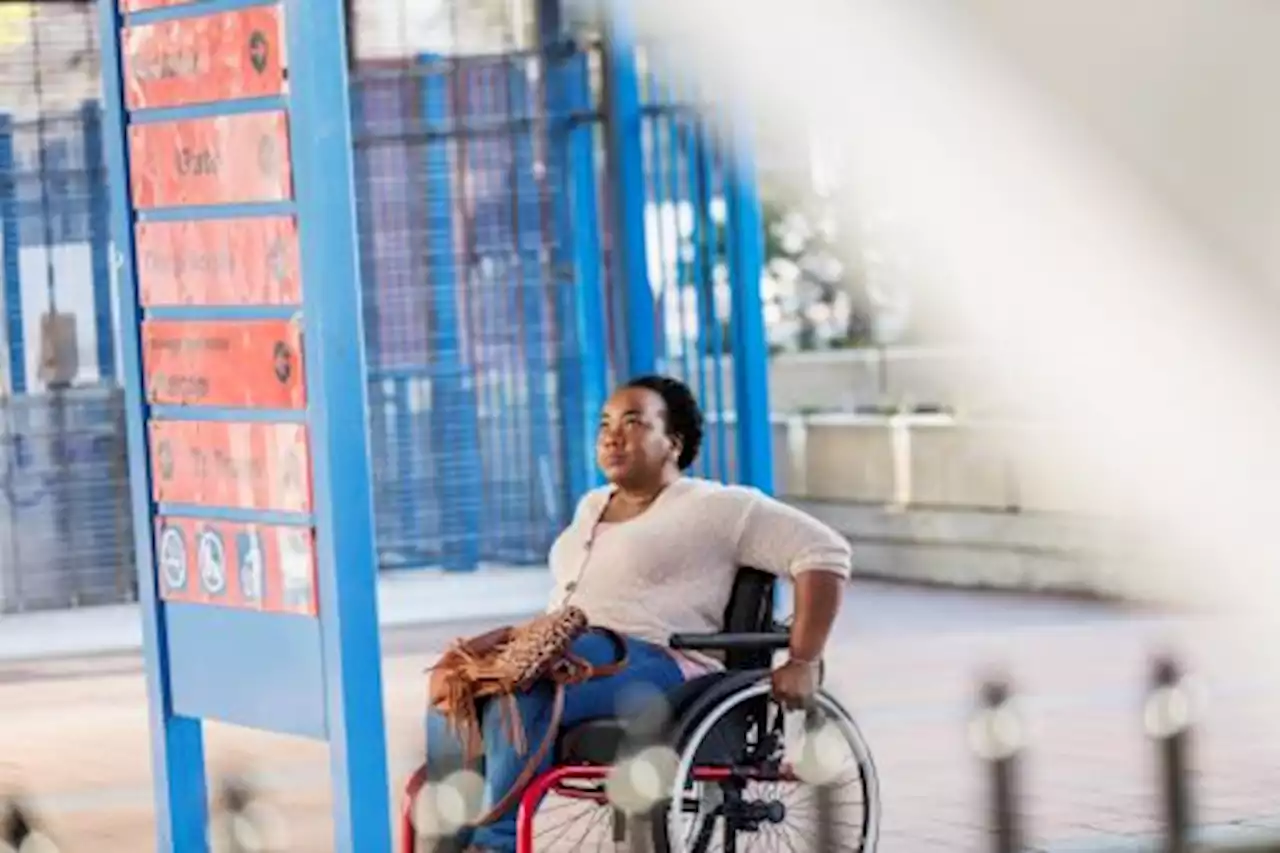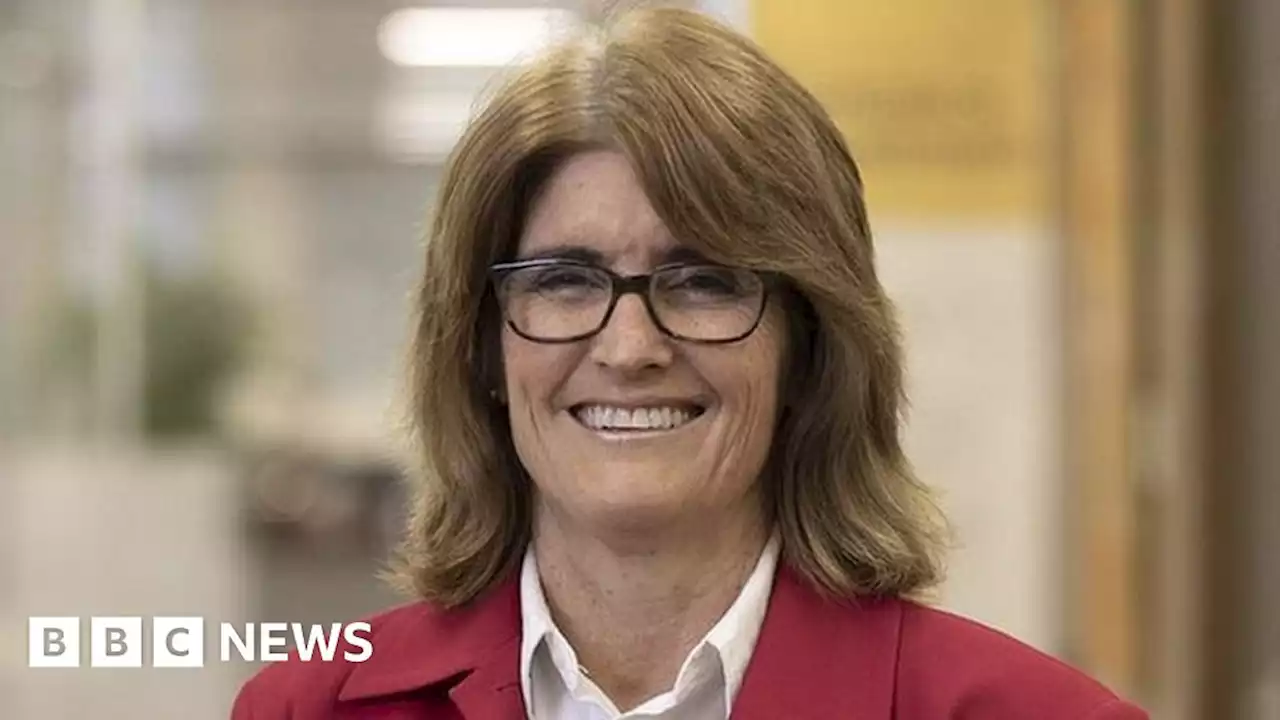Her mother died in hospital, alone.
A Newtownabbey woman, who lost her mother to the coronavirus, will travel to London next week to give evidence at a public hearing of the UK Covid-19 Inquiry.
“My mummy was such a lively wee woman who deserves so much more. She was the heart of our family. She was a character, my mummy said that as it was,” Ms Doherty said earlier this month. “I believe that my mum and everybody else who passed away to Covid and all those people who didn’t get their necessary treatments, because of Covid, and the management or mismanagement of the pandemic have been left really, really vulnerable,” she said.
In the past week, the Inquiry has heard from a range of witnesses from Northern Ireland – including former First Minister Baroness Arlene Foster and former deputy First Minister Michelle O’Neill along with former Health Minister Robin Swann and Chief Medical Officer, Sir Michael McBride. Members of the NICBFJ group will gather at The Resolution Centre in Belfast on the day to watch the livestream of Ms Doherty’s evidence during Day 22 of the public hearings into ‘Module 1: Resilience and Preparedness’ of the UK Covid-19 Inquiry.
Conal McGarrity, Director of PA Duffy and Co Solicitors, who acts for NICBFJ, said: “Since the beginning of the Inquiry, and indeed before its commencement, we have stressed the importance of the voices of bereaved families being at the centre of the Inquiry’s work.
United Kingdom Latest News, United Kingdom Headlines
Similar News:You can also read news stories similar to this one that we have collected from other news sources.
 Boris Johnson's old phone could soon be accessed by Covid inquiryThe former PM was not sure about the passcode, delaying access to his WhatsApps sent before May 2021.
Boris Johnson's old phone could soon be accessed by Covid inquiryThe former PM was not sure about the passcode, delaying access to his WhatsApps sent before May 2021.
Read more »
 Racism worsened Covid health outcomes for Black Disabled peopleMAJOR FAILINGS occurred in how the government communicated with Black disabled people during the pandemic,...
Racism worsened Covid health outcomes for Black Disabled peopleMAJOR FAILINGS occurred in how the government communicated with Black disabled people during the pandemic,...
Read more »
 Correlates of support for international vaccine solidarity during the COVID-19 pandemic: Cross-sectional survey evidence from GermanyDuring the COVID-19 pandemic, many residents of high-income countries (HICs) were eligible for COVID-19 vaccine boosters, while many residents of lower-income countries (LICs) had not yet received a first dose. HICs made some efforts to contribute to COVID-19 vaccination efforts in LICs, but these efforts were limited in scale. A new literature discusses the normative importance of an international redistribution of vaccines. Our analysis contributes an empirical perspective on the willingness of citizens in a HIC to contribute to such efforts (which we term international vaccine solidarity). We analyse the levels and predictors of international vaccine solidarity. We surveyed a representative sample of German adults (n=2019) who participated in a two-wave YouGov online survey (w1: Sep 13–21, 2021 and w2: Oct 4–13, 2021). International vaccine solidarity is measured by asking respondents preferences for sharing vaccine supplies internationally versus using that supply as boosters for the domestic population. We examine a set of pre-registered hypotheses. Almost half of the respondents in our sample (48%) prioritize giving doses to citizens in less developed countries. A third of respondents (33%) prefer to use available doses as boosters domestically, and a fifth of respondents (19%) did not report a preference. In line with our hypotheses, respondents higher in cosmopolitanism and empathy, and those who support domestic redistribution exhibit more support for international dose-sharing. Older respondents (who might be more at risk) do not consistently show less support for vaccine solidarity. These results help us to get a better understanding of the way citizens’ form preferences about a mechanism that redistributes medical supplies internationally during a global crisis.
Correlates of support for international vaccine solidarity during the COVID-19 pandemic: Cross-sectional survey evidence from GermanyDuring the COVID-19 pandemic, many residents of high-income countries (HICs) were eligible for COVID-19 vaccine boosters, while many residents of lower-income countries (LICs) had not yet received a first dose. HICs made some efforts to contribute to COVID-19 vaccination efforts in LICs, but these efforts were limited in scale. A new literature discusses the normative importance of an international redistribution of vaccines. Our analysis contributes an empirical perspective on the willingness of citizens in a HIC to contribute to such efforts (which we term international vaccine solidarity). We analyse the levels and predictors of international vaccine solidarity. We surveyed a representative sample of German adults (n=2019) who participated in a two-wave YouGov online survey (w1: Sep 13–21, 2021 and w2: Oct 4–13, 2021). International vaccine solidarity is measured by asking respondents preferences for sharing vaccine supplies internationally versus using that supply as boosters for the domestic population. We examine a set of pre-registered hypotheses. Almost half of the respondents in our sample (48%) prioritize giving doses to citizens in less developed countries. A third of respondents (33%) prefer to use available doses as boosters domestically, and a fifth of respondents (19%) did not report a preference. In line with our hypotheses, respondents higher in cosmopolitanism and empathy, and those who support domestic redistribution exhibit more support for international dose-sharing. Older respondents (who might be more at risk) do not consistently show less support for vaccine solidarity. These results help us to get a better understanding of the way citizens’ form preferences about a mechanism that redistributes medical supplies internationally during a global crisis.
Read more »
 RBA: Australia names first woman to lead its central bankMichele Bullock will succeed Philip Lowe, who has led the Reserve Bank of Australia for seven years.
RBA: Australia names first woman to lead its central bankMichele Bullock will succeed Philip Lowe, who has led the Reserve Bank of Australia for seven years.
Read more »
